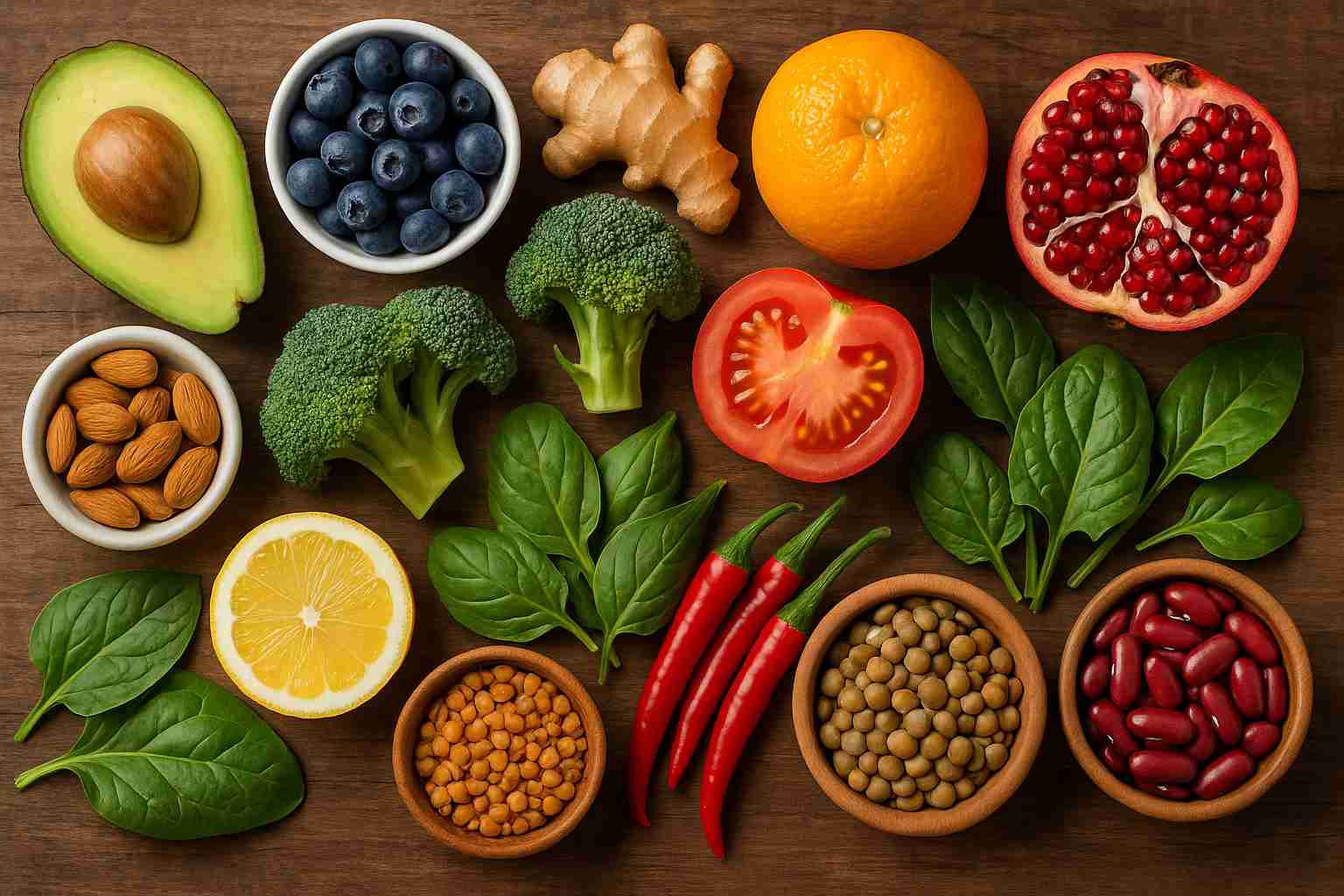In every kitchen lies a hidden pharmacy. From bright berries to humble herbs, many everyday foods carry remarkable health benefits beyond basic nutrition. Backed by robust scientific research, certain foods possess natural compounds that can help lower disease risk, soothe inflammation, or even support mental health. Let’s explore fifteen foods whose medicinal-like powers are proven by credible science—and might just transform your next meal into an act of self-care.
1. Blueberries
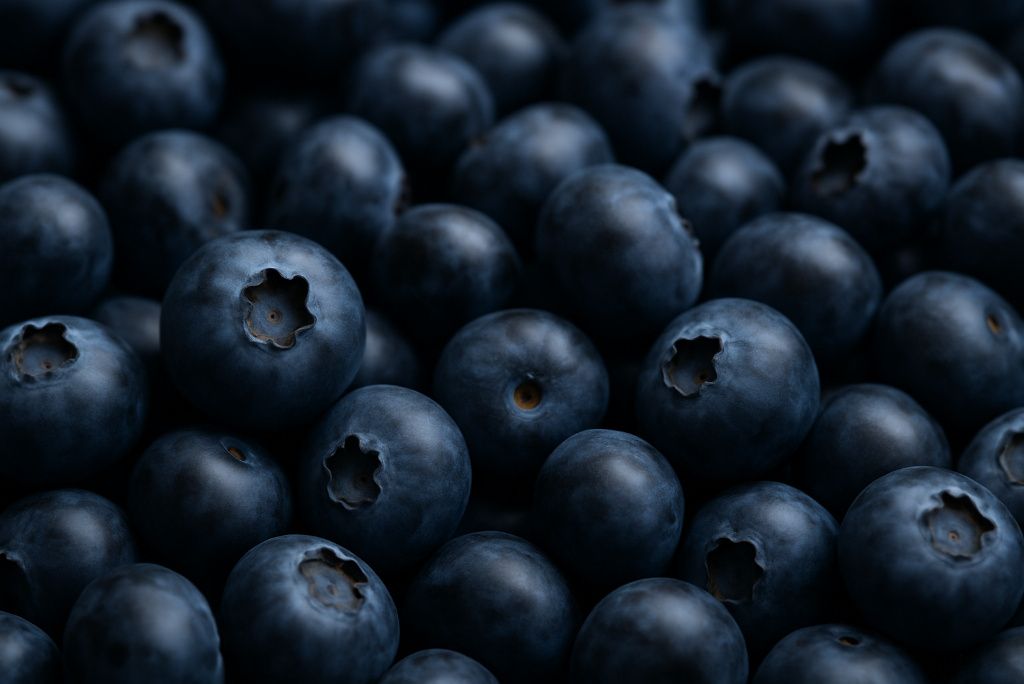
Blueberries are small but mighty, loaded with anthocyanins—potent antioxidants that combat oxidative stress and inflammation. Studies link regular blueberry intake to improved memory and cognitive performance, thanks to these brain-protective compounds. For instance, research from Harvard found that women who consumed blueberries and strawberries had slower rates of cognitive decline.
Beyond the brain, blueberries help lower blood pressure and improve insulin sensitivity. Compared to other fruits, they deliver one of the highest levels of antioxidant capacity per serving. Toss them into yoghurt, smoothies, or salads for a delicious dose of health-protective magic.
2. Garlic
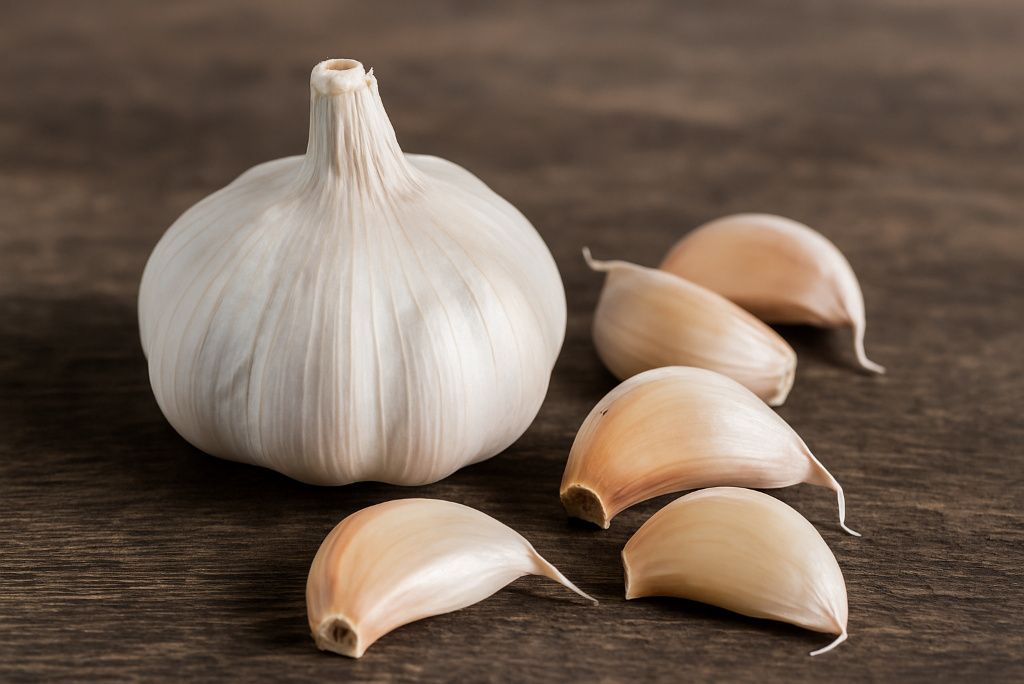
Garlic has long been cherished as both a culinary and medicinal powerhouse. Allicin, a sulfur-containing compound released when garlic is chopped or crushed, boasts antimicrobial and anti-inflammatory properties. Studies have shown that garlic supplementation can modestly lower blood pressure and improve cholesterol profiles, reducing cardiovascular risk.
It’s also linked to cancer prevention due to its potential to block carcinogen activation. Compared to onions or shallots, garlic’s medicinal impact is notably higher, though all allium vegetables contribute beneficial compounds. Whether raw or cooked, adding garlic to meals offers flavorful and healthful benefits.
3. Turmeric
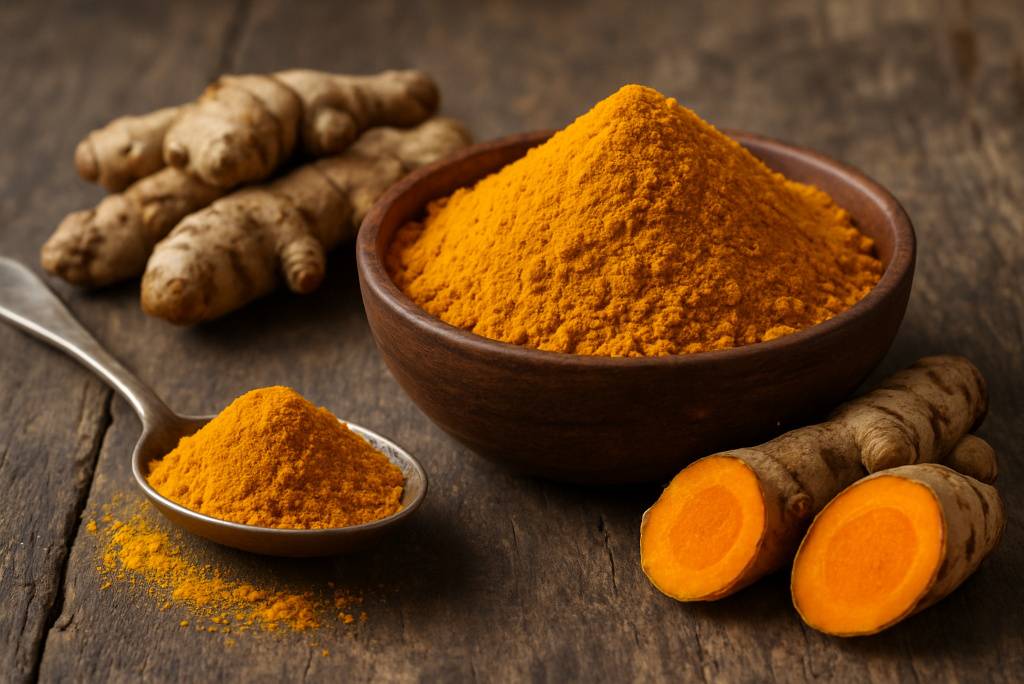
Turmeric’s golden hue comes from curcumin, an active compound known for its powerful anti-inflammatory and antioxidant effects. Studies suggest curcumin may alleviate symptoms of arthritis, reduce depression, and even help slow the progression of certain cancers. Though turmeric powder itself contains only a small percentage of curcumin, pairing it with black pepper enhances its absorption dramatically. Compared to ginger—a close botanical relative—turmeric shines in its anti-inflammatory potency. Add it to curries, soups, or warm milk for a vibrant health boost.
4. Salmon

Salmon is rich in omega-3 fatty acids, which play a crucial role in reducing inflammation, protecting heart health, and supporting brain function. A study in the Journal of the American Heart Association found regular consumption of oily fish like salmon lowers the risk of cardiovascular disease and stroke. Compared to lean fish like cod, salmon offers far higher omega-3 levels. Additionally, its vitamin D content supports bone health and immune function. Opt for wild-caught varieties when possible for better nutrient profiles and lower contaminants.
5. Ginger
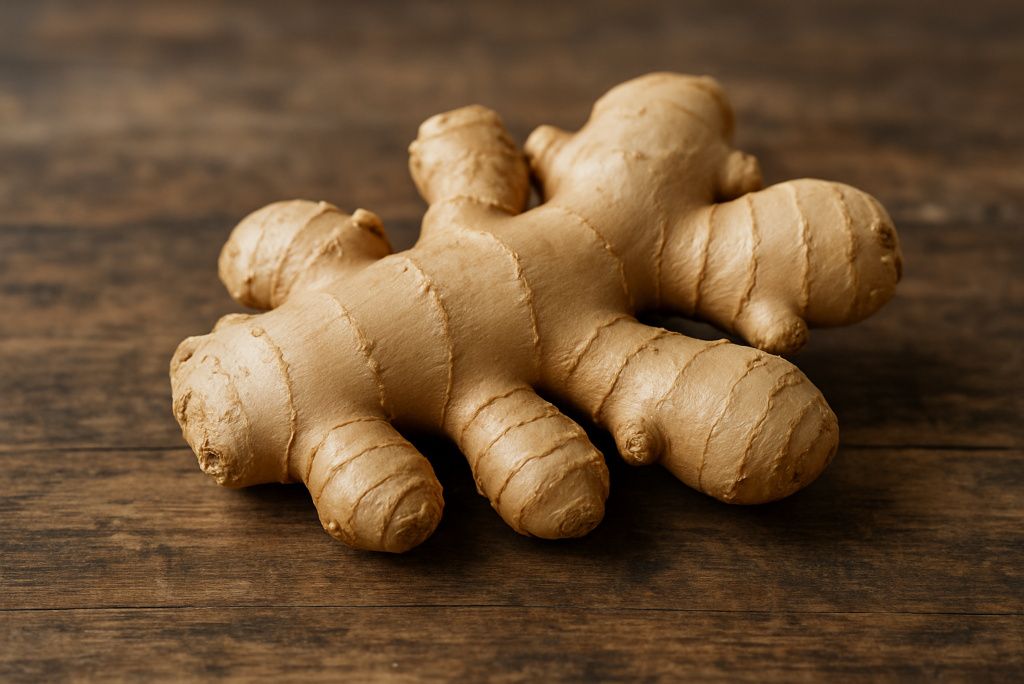
Ginger has been used for centuries to combat nausea, indigestion, and inflammation. Its active compounds—gingerols and shogaols—exhibit antioxidant and anti-inflammatory properties, making it useful for alleviating arthritis pain and menstrual discomfort. A meta-analysis showed that ginger significantly reduced symptoms of osteoarthritis when compared to placebo. While similar to turmeric in some benefits, ginger particularly excels in digestive health. Add it to tea, stir-fries, or baked goods for both its warming flavour and health-promoting effects.
6. Broccoli
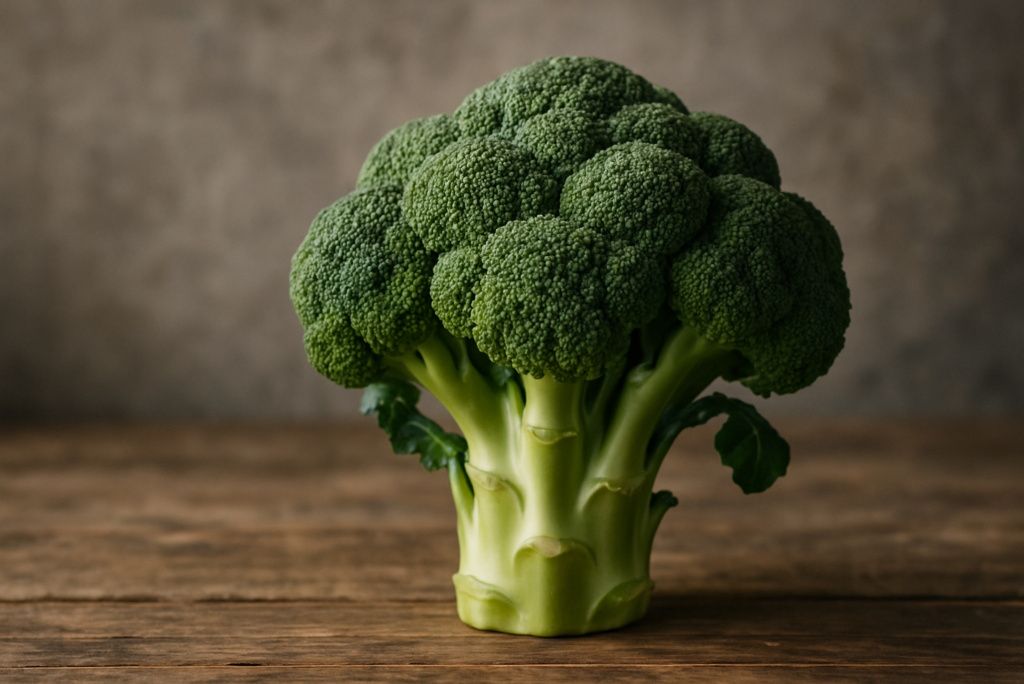
Broccoli belongs to the cruciferous vegetable family, famous for its cancer-fighting properties. It’s rich in sulforaphane, a compound shown to neutralise carcinogens, reduce inflammation, and protect DNA from damage. Clinical research indicates that sulforaphane can slow the growth of certain cancer cells, including prostate and breast cancers. Compared to cauliflower or cabbage, broccoli offers especially high levels of this beneficial compound. Lightly steaming preserves its nutrients better than boiling. Incorporate it into salads, stir-fries, or pasta dishes for a delicious protective boost.
7. Green Tea
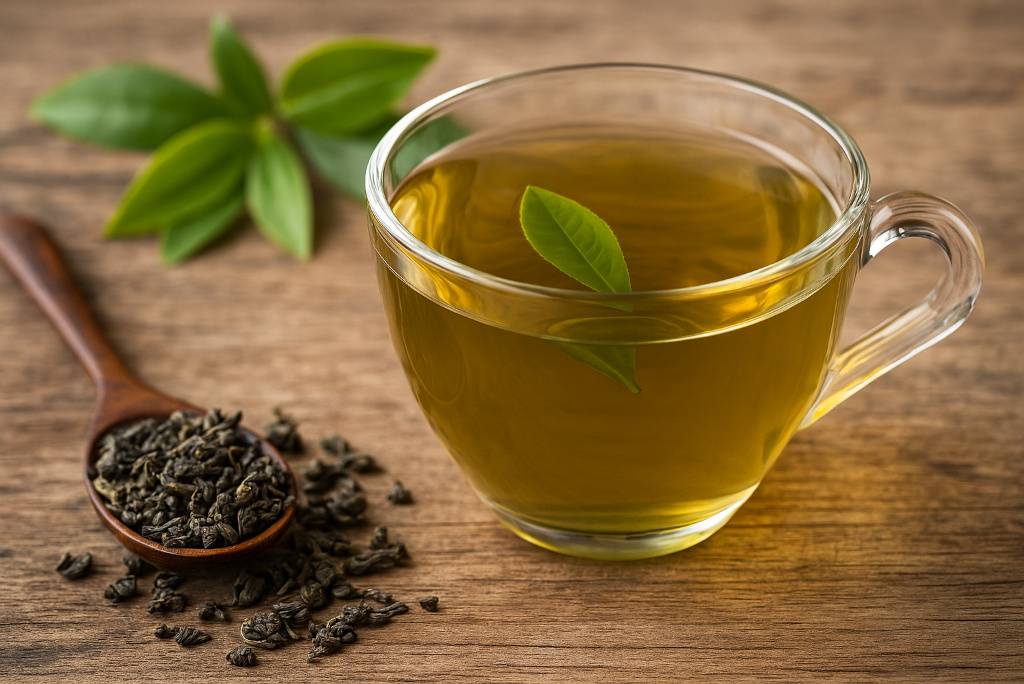
Green tea is highly valued for its rich content of catechins, especially epigallocatechin gallate (EGCG). These antioxidants have been linked to reduced cancer risk and improved brain health, and enhanced fat burning. A comprehensive review published in the American Journal of Clinical Nutrition confirmed green tea’s positive effects on cholesterol levels and cardiovascular health. Compared to black tea, green tea contains higher antioxidant levels due to minimal oxidation during processing. Savour a daily cup or two for gentle stimulation and long-term health perks.
8. Spinach
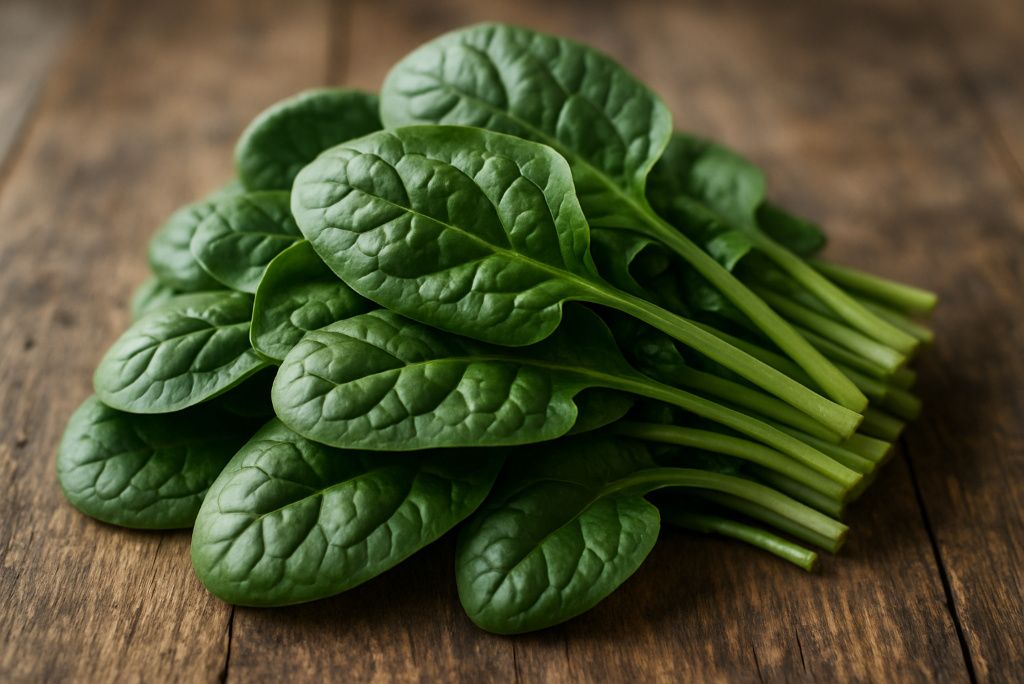
Spinach is packed with vitamins A, C, and K, plus lutein and zeaxanthin, compounds vital for eye health. These carotenoids help protect the retina from harmful light, reducing the risk of macular degeneration. A study published in JAMA Ophthalmology highlighted spinach’s protective role in age-related eye diseases. Compared to iceberg lettuce, spinach provides far greater nutritional density. It’s also a good source of iron and folate, supporting blood health. Use it raw in salads or lightly wilted in pastas and soups for a nutrient-rich addition to meals.
9. Almonds
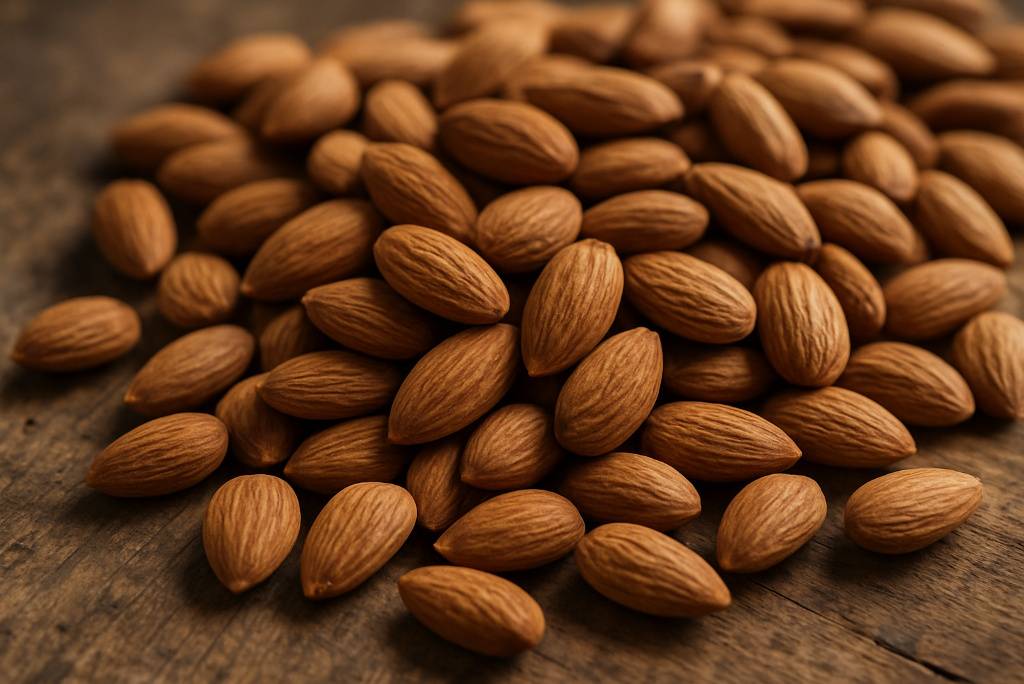
Almonds deliver a powerful punch of vitamin E, magnesium, and fibre. Regular almond consumption helps lower LDL cholesterol, reduce hunger, and improve blood sugar control. A clinical trial in the Journal of Nutrition found that almonds significantly improved cholesterol profiles and inflammation markers. Compared to peanuts, almonds offer higher levels of monounsaturated fats beneficial for heart health. Enjoy them as a snack, sprinkled on oatmeal, or blended into nut butter for delicious, disease-fighting nutrition.
10. Yogurt
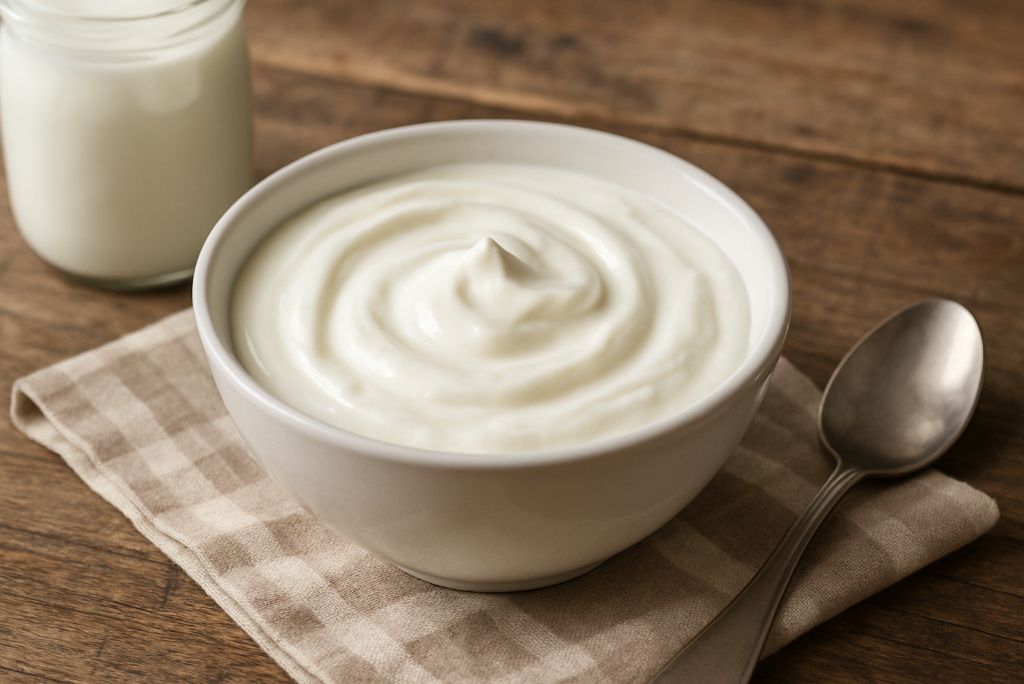
Yoghurt is more than a creamy treat—it’s a powerhouse of probiotics, the “good bacteria” that support gut health, immunity, and mental well-being. Studies show probiotics can reduce symptoms of irritable bowel syndrome (IBS) and improve mood and anxiety. Compared to non-fermented dairy, yoghurt offers these unique microbiome benefits. Choose plain, unsweetened varieties for maximum health gains, and add fruit or nuts for flavour. Whether as breakfast or a snack, yoghurt is an easy way to support both digestive and overall health.
11. Dark Chocolate

Dark chocolate, rich in cocoa flavanols, has been linked to improved blood vessel function, lower blood pressure, and reduced risk of heart disease. A meta-analysis in the European Heart Journal found moderate dark chocolate consumption lowered the risk of cardiovascular events. Compared to milk chocolate, dark varieties contain significantly more flavonoids and far less sugar. Choose chocolate containing a minimum of 70% cocoa to gain the most health benefits. A small daily square can be both a treat and a heart-smart choice.
12. Chia Seeds
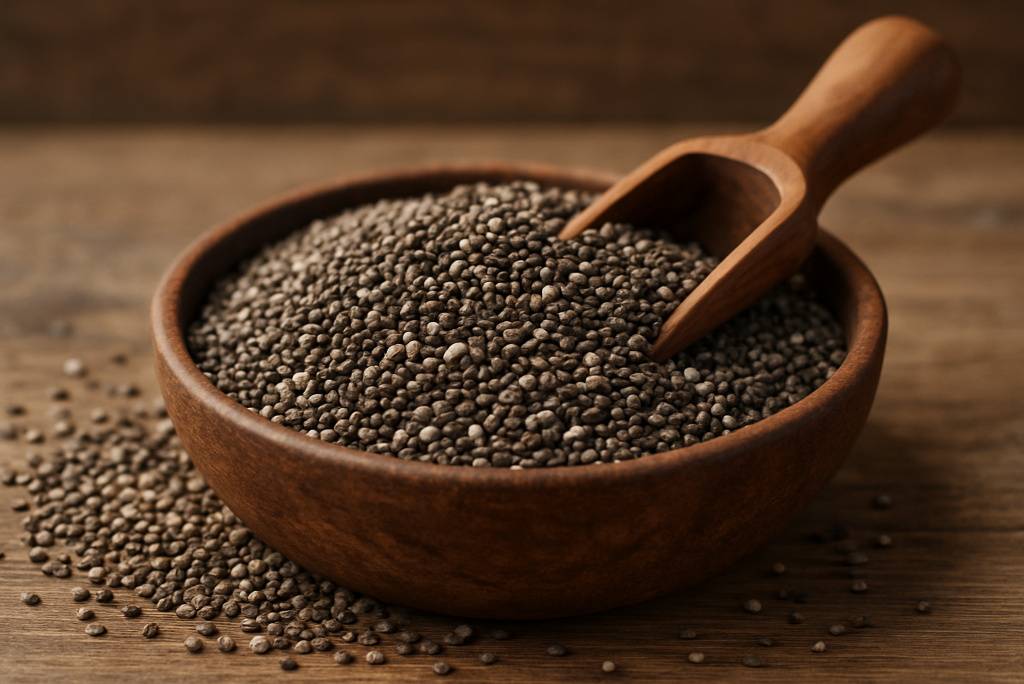
Tiny but nutrient-dense, chia seeds are loaded with fibre, omega-3 fatty acids, and antioxidants. Their soluble fibre helps regulate blood sugar levels and promotes fullness, aiding weight management. A study in the European Journal of Clinical Nutrition confirmed chia’s ability to improve blood pressure in people with hypertension. Compared to flaxseeds, chia seeds don’t require grinding for nutrient absorption. Stir them into smoothies, yoghurt, or overnight oats for an effortless nutritional upgrade.
13. Tomatoes
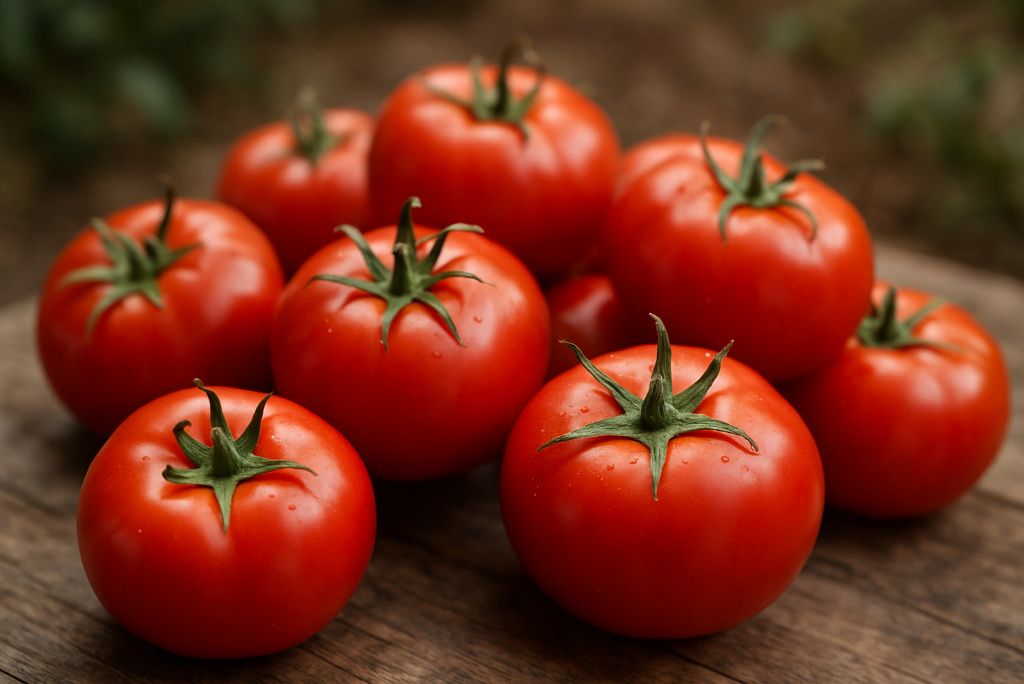
Tomatoes are abundant in lycopene, an antioxidant that has been associated with reduced risks of prostate cancer and heart disease. Cooking tomatoes, like in sauces or soups, boosts the bioavailability of lycopene. A study in Cancer Epidemiology, Biomarkers & Prevention confirmed that higher tomato consumption lowered prostate cancer risk. Compared to raw tomatoes, processed forms like tomato paste deliver more concentrated lycopene. Incorporate them into your diet for both vibrant flavor and protective health benefits.
14. Oats
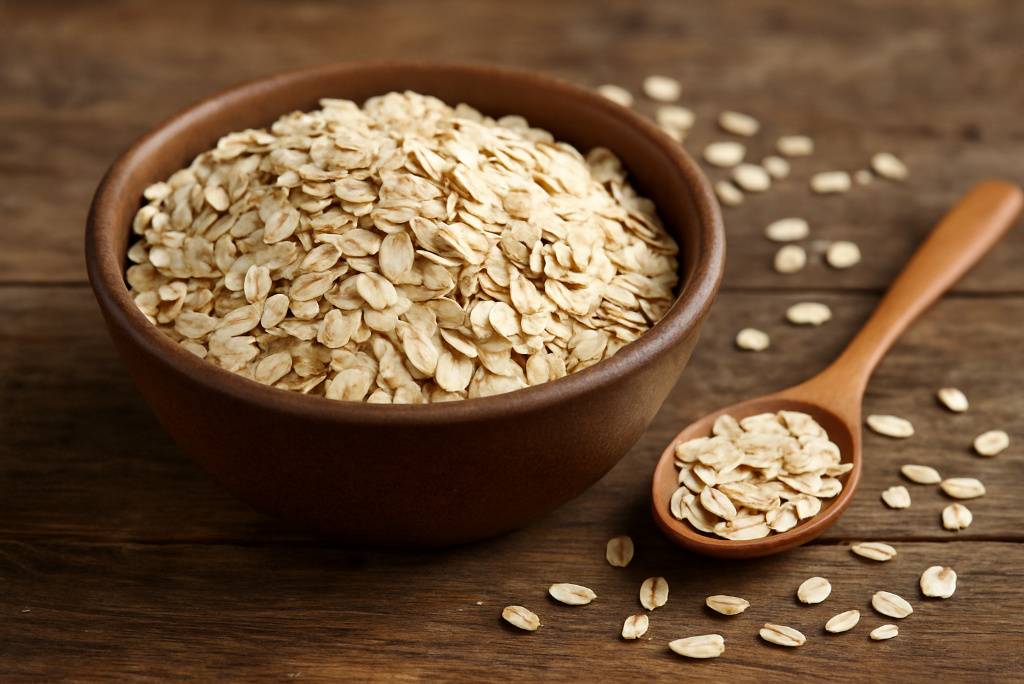
Oats contain beta-glucan, a type of soluble fibre proven to lower cholesterol levels and improve heart health. A review in the American Journal of Clinical Nutrition found that consistent oat consumption reduced LDL cholesterol significantly. Compared to other grains like wheat or rice, oats are uniquely high in this cholesterol-lowering fiber. They also stabilise blood sugar and enhance satiety, aiding weight management. Enjoy oats as traditional oatmeal, in smoothies, or baked into nutritious snacks.
15. Mushrooms

Mushrooms offer unique medicinal compounds such as beta-glucans, which boost immunity and may have anti-cancer properties. Shiitake, maitake, and reishi mushrooms in particular are studied for their immune-modulating effects. A study in the Journal of the American College of Nutrition reported that daily mushroom consumption enhanced immune markers and reduced inflammation. Compared to white button mushrooms, medicinal varieties contain higher levels of therapeutic compounds. Incorporate mushrooms into stir-fries, soups, or simply sauté them for a versatile, health-promoting addition to meals.
Disclaimer: The information provided in this article is for informational purposes only and is not intended as medical advice. Always consult a qualified healthcare professional before making changes to your diet or health regimen.

